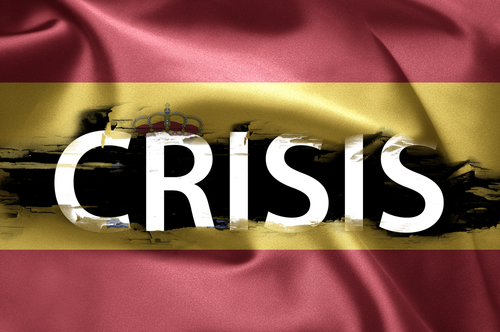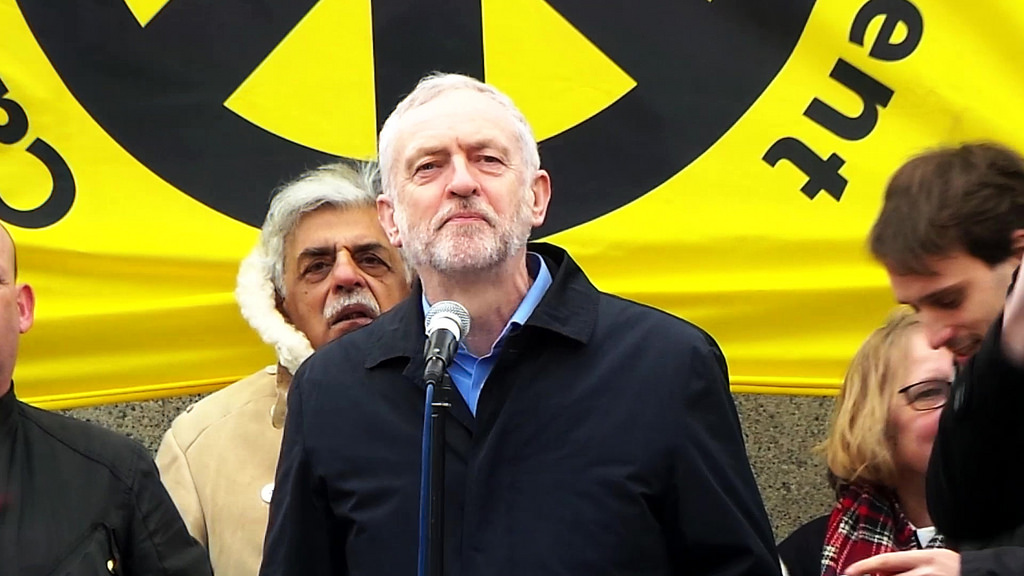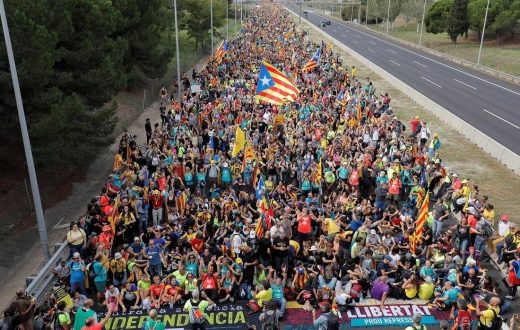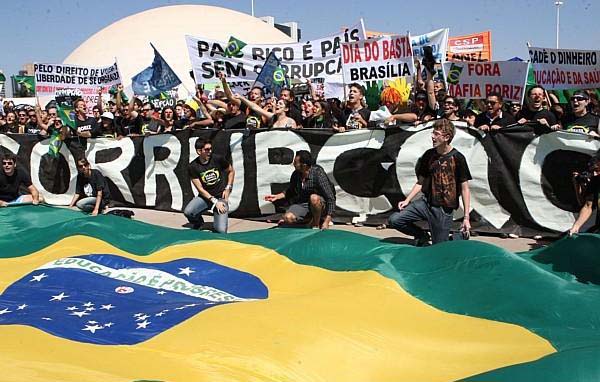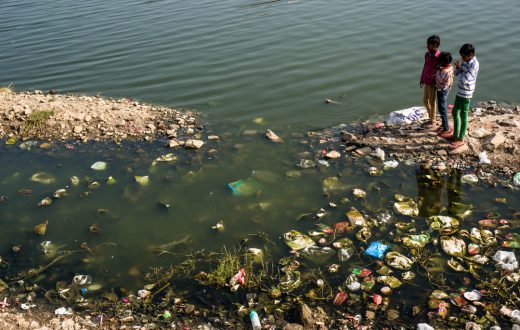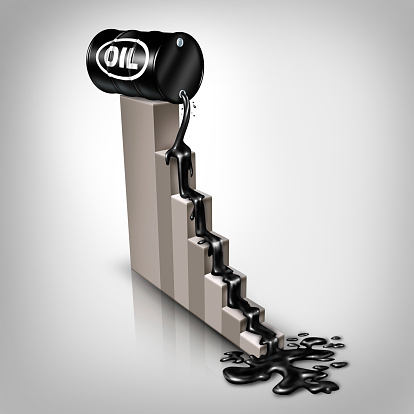More than two months after general elections, the Spanish parliament will begin what will likely be the first of several attempts to form a government March 2. No party has enough seats to govern alone and coalitions are proving difficult to create. If the parties cannot form a government in the next two months, Spain will have to hold new elections in late June. This would only exacerbate political and economic uncertainty in a country that is still dealing with the consequences of a long economic crisis.
Spain’s political fragmentation is the direct consequence of its economic problems, which have weakened popular support for mainstream parties and led to the emergence of new political forces. Acting Prime Minister Mariano Rajoy’s Popular Party is the largest force in parliament, but it has failed to win the support of other parties needed to form a government. The Socialist Party, led by Pedro Sanchez, is the second largest force in parliament. It will try to form a government March 2, but is also likely to fail. So far, Sanchez has only received support from the centrist Ciudadanos party, but this is not enough. Sanchez tried to make a deal with the left-wing Podemos party, but the two diverge on issues, including the authorization of a legal independence referendum in Catalonia (which the Socialists oppose) andplans for reforms in the economy.
To become prime minister, Sanchez will need the support of more than half of the 350 members of the lower chamber in the March 2 vote. In the likely case he fails, they will hold a second vote the night of March 4 at the latest. During the second vote, Sanchez would only need a simple majority. But even this will be difficult to achieve, as Podemos and the Popular Party have announced that they would vote against the Socialist candidate. Should Sanchez fail to form a government, King Felipe VI could ask another candidate to try his luck. If no prime minister is appointed by May 2, new elections will have to be called.
Some parties are already betting on new elections, hoping to gain extra seats to strengthen their negotiating positions. Podemos, for example, hopes to siphon votes away from the Socialists to become the second largest force in parliament. However, opinion polls suggest that new elections would lead to another fragmented parliament, making alliances a requirement. Even in the probable case Spain goes back to the polls in late June, no party will be strong enough to govern alone.
At this point, Spain’s political uncertainty has not had a significant effect on the national economy. Unemployment is slowly going down, even if most of the new work contracts are temporary and a large segment of the population is employed part time. The Spanish economy grew by 3.2 percent in 2015, and is forecast to grow by around 2.8 percent this year. But uncertainty about the future is starting to take its toll. On Feb. 29, the Bank of Spain warned that capital outflows accelerated in 2015, especially during the final quarter of the year. Investors are worried that the next Spanish government will be under popular pressure to reverse some of the policies introduced by the previous administration. In early February, Madrid admitted it had not met the deficit target agreed to with the European Union for 2015 and asked Brussels for more time to reach the goal of 3 percent of GDP.
Spain’s case illustrates a broader trend in Europe: Voters in former bailout countries are punishing conservative governments even as their economies show early signs of recovery. In Portugal, former Prime Minister Pedro Passos Coelho won the general elections in October but lost power to a fragile coalition of center-left and left-wing parties. In Ireland, Prime Minister Enda Kenny won the general election in February, but the Irish voted in a fragmented parliament where multi-party alliances will be needed. In both cases, voters want a reversal of some of the policies that were introduced during the bailout years. The uncertainty created by this gap between growing economies and disenchanted voters is one of the most important threats to a full recovery in the eurozone periphery.

